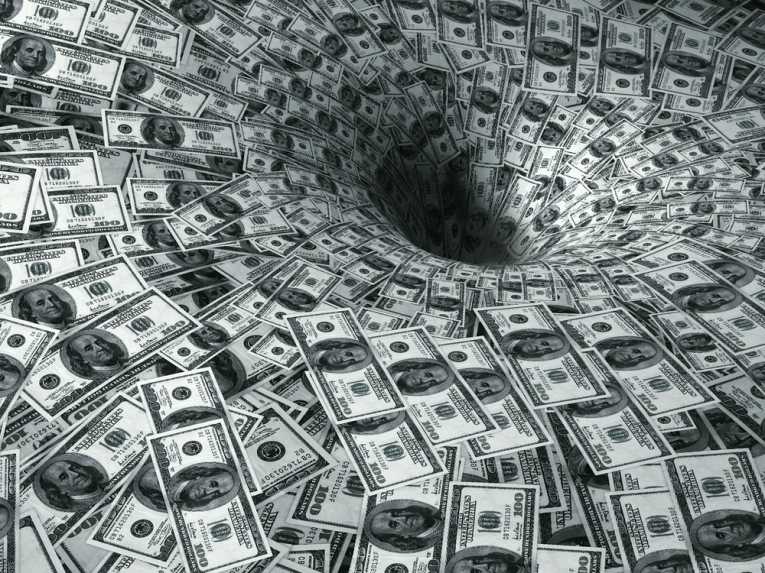I don't think there's anyone out there who hasn't given some thought, at one point or another, to the Wall Street financial catastrophe of 2007 that turned the global economy into the shambles it is today. The debacle has been justly attributed to questionable practices in the mortgage market and the financial sector - in other words, to bankers' greed and lack of adequate oversight.
But a few days ago, after subjecting data on Wall Street activities to an awful lot of mathematics and statistical analysis, three researchers from the New England Complex Systems Institute (NECSI) pointed the finger at yet another culprit: a large and still unidentified group of Wall Street traders who, in the first week of November, 2007, carried out an illegal form of market manipulation called a "bear raid" via short-selling stock, that pushed the already teetering Citigroup straight over the cliff and presumably put a lot of money into the traders' own pockets.
A bear raid is the collective short-selling of shares - that is, when a trader sells a certain amount of borrowed shares, then buys them back and returns them to their owner(s), while keeping the difference - while at the same time manipulating the market in order to cause a decline in the prices of said shares, so as to maximize the profit. This practice is illegal in the United States and a strict preventive rule - the uptick rule - was implemented by the Security and Exchange Commission (SEC), starting in 1938, as mandated by the U.S.
Congress. However, the SEC repealed the uptick rule in the summer of 2007, as part of the deregulatory craze that eventually led to an uncontrollable financial sector. As a result, the bear raid on Citigroup went undetected until -well, just now. Even more frighteningly, there's no sound rule in place today that could prevent something like that from happening again.
The NECSI report is significant for several reasons. First, it provides more information on the ongoing weaknesses and inherent instability of our global economic system. More importantly, it provides yet another good argument against the basic justification behind the deregulatory process - that markets are transparent and therefore do not need to be supervised and kept in check.
The bear raid on Citigroup in the fall of 2007 underscores the naivete - or maybe plain old hypocrisy, take your pick - of such an assumption. The government should take notice, but so far the NECSI researchers haven't received any response from the relevant financial and governmental institutions. And that, if you ask me, is a very good reason for concern.










